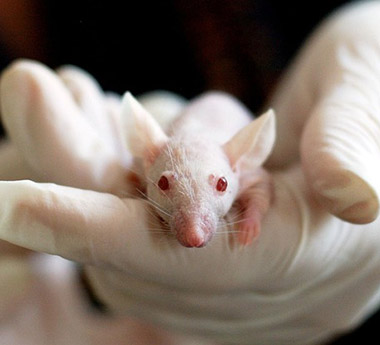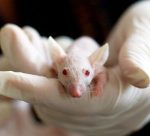On March 28, the FDA issued a final guidance, General Considerations for Animal Studies Intended to Evaluate Medical Devices, to assist medical device sponsors, testing facilities, and others involved in designing, conducting, and reporting the results of animal studies intended to assess the safety of medical devices to support premarket submissions.
The guidance document provides the FDA’s recommendations on animal studies intended to evaluate medical devices intended for human use, when a suitable alternative to an animal study is not available. Per the FDA’s announcement, this guidance specifically applies to animal studies intended to assess device safety, which may include performance and handling, in premarket submissions to FDA.
It includes recommendations for various elements of animal studies, including the credentials for personnel conducting an animal study, and the study planning and conduct process, including selecting an appropriate animal model, study monitoring, and study evaluation.
General considerations when determining whether an animal safety study should be conducted to support a premarket submission include:
- A risk analysis that considers all sources of relevant information, including known failure modes and previously identified risks for the device, risks commonly attributed to this general device type, and postmarket information for similar marketed devices. Postmarket information can be searched using the published literature and the Manufacturer and User Facility Device Experience (MAUDE) database.
- Testing the evaluable risks on the benchtop to the extent feasible using the device in its final finished form … Before considering an animal study to support a premarket submission, FDA recommends completion of nonclinical benchtop performance testing with the device in its final finished form to evaluate potential harm(s) identified during the risk analysis.
- Consider conducting an animal study when the risk analysis suggests that such a study is necessary to further assess potential safety concerns that cannot be adequately addressed through alternative methods. When sponsors are uncertain about whether they should conduct an animal study, FDA recommends utilizing the Q-Submission process to request FDA feedback on the overall nonclinical testing approach.
- When there is no established animal model for the type of device (i.e., one that hasbeen described in the literature or used to support the clearance or approval of asimilar device), as applicable, the FDA recommend that sponsors:
- Assess the anatomy and physiology (e.g., angiographic, radiographic, computed tomography (CT) screening) of commonly used laboratory animal species for intended use, allometric scaling, and procedural approach features.
- Consult an experienced laboratory animal veterinarian to determine the availability and utility of common laboratory species.
- Engage with the Agency using the Q-Submission process to discuss significant challenges that preclude the use of a reasonable animal model for all or some of the animal studies recommended by the risk analysis and potential alternative approaches for collecting information to support device safety before clinical use in humans.
Download the final guidance document here.






